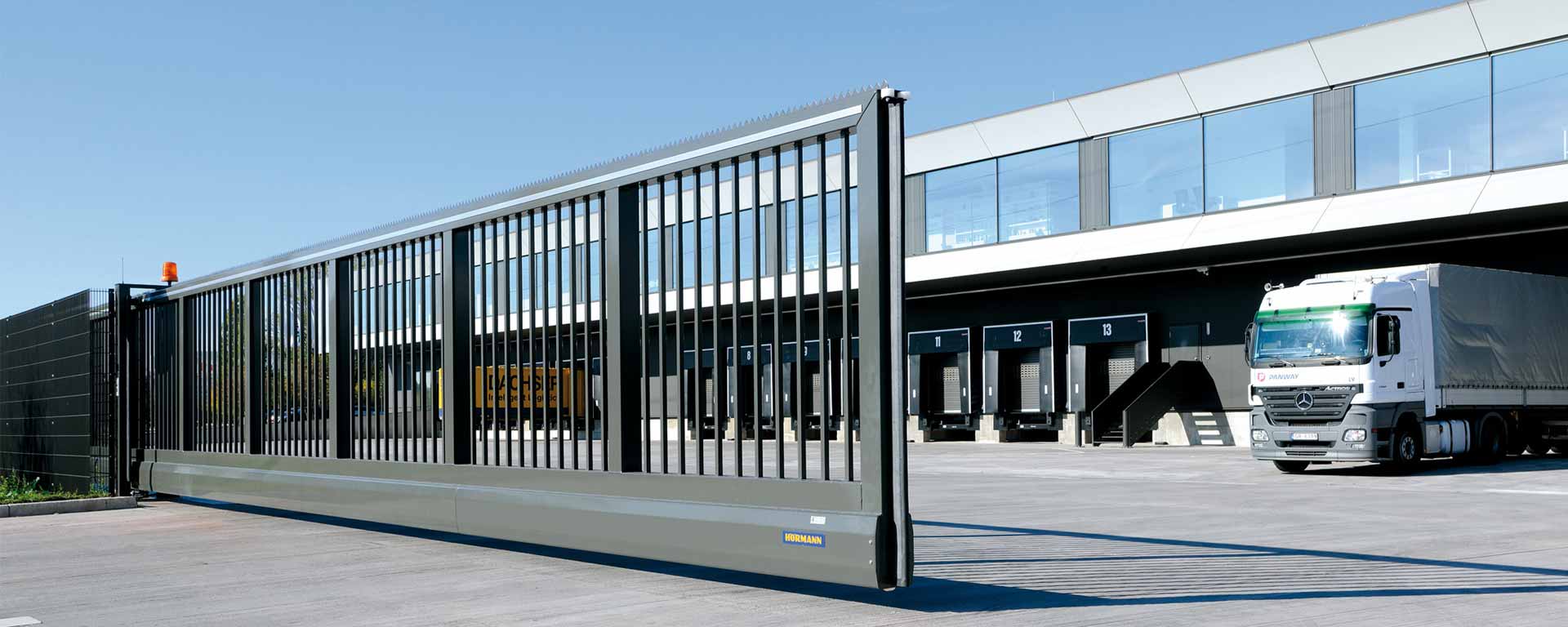
Environmental Considerations in Modern Demolition Projects Aug 16, 2025
The importance of environmental responsibility in demolition cannot be overstated. With increasing environmental regulations and public interest in sustainability, demolition companies must ensure that their practices are aligned with both legal requirements and community expectations. This begins with a thorough understanding of the building’s structure and the potential environmental hazards it may pose, such as asbestos, lead, and other toxic materials.
One of the first steps in a sustainable demolition process is conducting a comprehensive site assessment. This assessment helps identify any hazardous materials that need special handling. Removing these materials safely minimizes the risk of soil and water contamination, which is a critical environmental concern. For instance, asbestos, a common material in older buildings, requires careful abatement procedures to prevent airborne particles from posing health threats to workers and nearby residents.
Waste management is another crucial aspect of environmentally conscious demolition. A Plus Demolition Services emphasizes the importance of recycling and reusing materials wherever possible. Modern demolition projects often aim for a high percentage of waste recycling, which not only reduces the amount of debris sent to landfills but also conserves resources by repurposing metal, wood, concrete, and other materials. This practice is a core part of green demolition strategies, which are designed to reduce the carbon footprint of construction projects.
Another significant factor in the environmental impact of demolition is the management of dust and emissions. During demolition, dust can easily escape into the air, affecting air quality and causing respiratory problems for local communities. To combat this, many demolition companies use methods such as water spraying, dust screens, and careful planning of demolition techniques to limit dust production. Emissions from machinery and vehicles also require attention; employing energy-efficient, low-emission equipment is an effective way to reduce the environmental impact.
Furthermore, noise pollution is a concern, especially in urban settings where demolition can disrupt the daily lives of city inhabitants. A Plus Demolition Services takes this into account by using advanced machinery and techniques that reduce noise levels. Additionally, scheduling construction activities during hours that minimize disturbance can help foster good community relations.
Incorporating sustainability into demolition projects also involves planning for site reclamation. After a building is removed, the land needs to be prepared for future use. This includes removing debris, treating any contamination, and in some cases, replanting local vegetation to restore the natural environment. These efforts can significantly offset the environmental impact of demolition and create opportunities for new, eco-friendly projects.
In conclusion, environmental considerations in demolition projects are a vital component of modern construction practices. A Plus Demolition Services is committed to implementing greener demolition methods that protect the environment and public health. By prioritizing waste recycling, minimizing emissions and noise, and planning for site reclamation, companies can ensure their demolition projects are not only effective but also environmentally responsible. As the demand for sustainable practices continues to grow, so too will the ability of demolition services to adapt and innovate in environmentally friendly ways.
/filters:no_upscale()/media/d4db3388-7d59-4d33-a7e4-63bff79d2ba5.webp)
/filters:no_upscale()/filters:format(webp)/media/a7b30801-b9d5-4491-b542-257a489ab43c.jpeg)